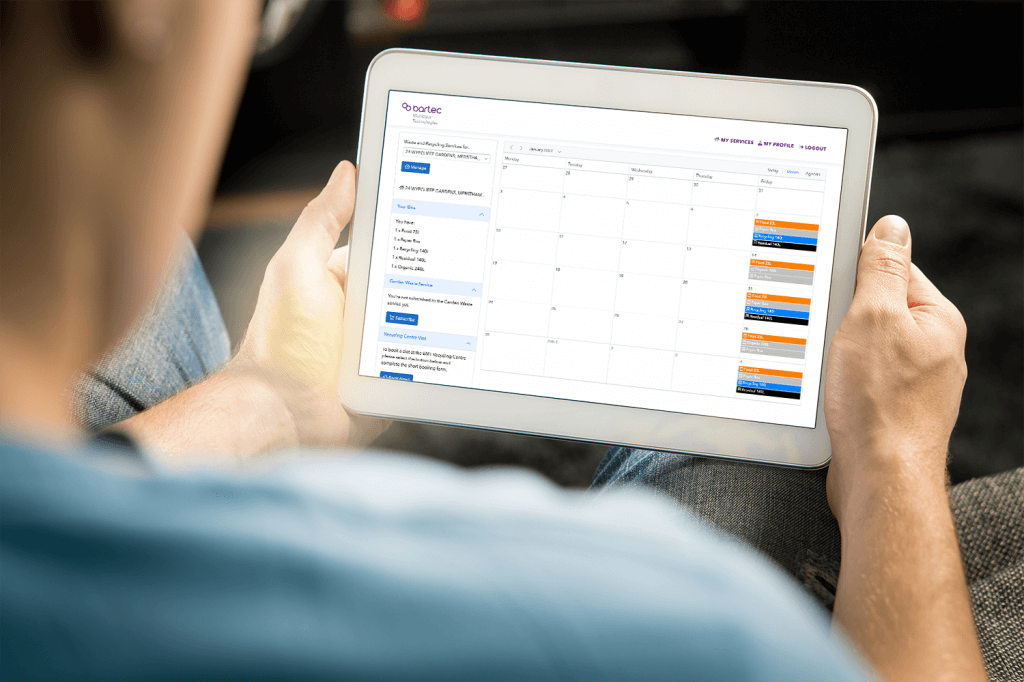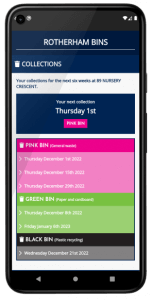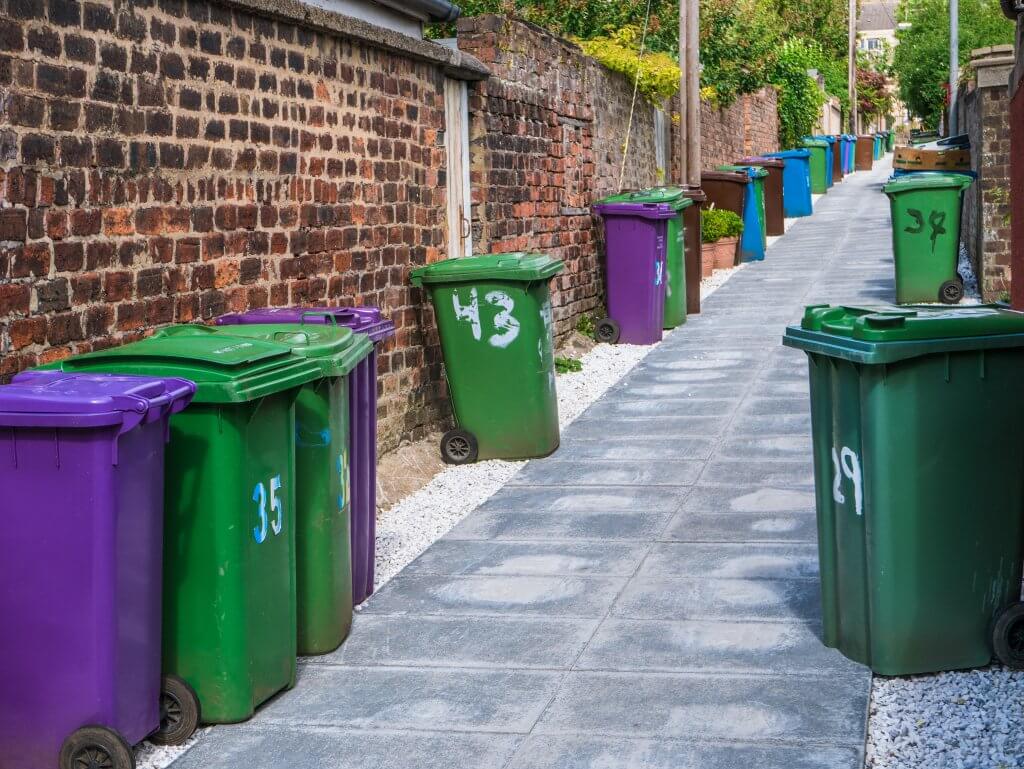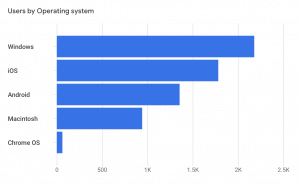Missed bins are a negative experience for everyone, but it doesn't have to be that way.

Waste collection teams empty tens of thousands of bins each day. Almost every one is completed without any problems, but it’s inevitable that a small percentage will lead to a query, either because the crew missed it, deliberately didn’t empty it or the resident made a mistake.
A small percentage of tens of thousands of collections will often be one of the highest volume enquiries received by a council, so it’s important to have the best possible process for handling and resolved them.
Done right, the missed bin process can leave residents better informed, impressed with the service and satisfied with the outcome. It should also reduce the chance of further problems by feeding back to crews to address root causes of failures.
It’s almost universal for councils to provide a ‘report it’ form on their website. Residents can fill in the details of their problem and electronically report a ‘missed bin’. These vary in quality from very basic forms to partly-interactive systems that can filter out some reports automatically.
It doesn’t really matter how good the form is – by this time you’ve already missed the first opportunity to provide great service.
Tell the resident as soon as you empty the bin, or if you didn’t, tell them why not
This is a fundamental of all good online services – continuous communication and updates. It puts you, the service provider, in charge of the relationship and encourages the resident to interact with you. Council services have spent decades trying to minimise ‘avoidable contact’, which is the complete opposite of what people now expect and require.

Telling the resident you have emptied the bin leaves no doubt that the council think the job is done, and gives a simple route for the resident to raise any problems. If the bin was deliberately not emptied, due to contamination, non-presentation or any other reason, then why not let the resident know before they start looking for forms or telephone numbers?
Not every resident will provide up-to-date contact details or consent to being contacted in this way. Those people will look online or contact the council by telephone. By having the same detailed collection information available immediately, you establish that same leadership in the conversation with minimal fuss to the resident.
Instead of a form to fill in, show the collection details in the same format as the online collection calendar.

You have a calendar to tell the residents when their collections are going to be, so why not update it when the collection actually happens? If their was a problem, such as contamination, display it right there. There is no need to fill in a form!
Most properties now have more than one bin, and with Simpler Recycling it’s likely that 3 or 4 bins will become the norm. There may be bins for dry mixed recycling, organic waste and for residual waste. I have never heard a resident use these terms when talking about their bins.
Eliminate jargon. Talk about the ‘grey bin’, not ‘residual waste’. Use plain English wherever possible to explain decisions.

If you describe your services in ways that residents naturally understand they are more likely to engage constructively.
We talk a lot about user journeys when designing processes and user interfaces. For waste and recycling, the user journey often starts at the garden gate as the resident tries to work out which bin to put out, or why their bin has not been emptied. When you’ve got your service and processes working well, it makes sense to let residents quickly and easily access them.
Make bin services mobile-first and with easy access from QR codes or web addresses shown on the bin itself.
Our data shows that mobile users outnumber desktop users, but mobile users spend a little over half as long on the site. Fast and direct access to services is essential.

Every missed bin report should teach us something. Either the crew made a mistake and missed the collection or the resident misunderstood what they needed to do.

There is an understandable drive to reduce missed bin returns by proving that ‘the crew were right’. In doing so we should also be looking to understand what happened to prevent it happening again.
Use onboard video, telematics and in-cab technology to give crews the best chance of success
Regardless of whether the bin was actually missed or not, easy access to onboard data gives councils an opportunity to explain clearly what happened to residents and crew. Next time around the resident can have an email reminder to put the right bin out, or the crew can be required to confirm the collection to ensure it isn’t missed.
We want to help you do better
We’re here to help you towards a better future with a happier public.
industry updates and news
Keep up to date with the waste collection industry and discover expert insights from our team.
Portsmouth City Council bring waste and recycling service in-house
Tim Hobbs
Apr 12, 2024 • 26 sec read
Are garden waste stickers necessary if you have in-cab waste technology?
Tim Hobbs
Jan 9, 2024 • 2 min read
New software from Bartec will transform waste services and help the council prepare for Simpler Recycling
Tim Hobbs
Dec 11, 2023 • 23 sec read